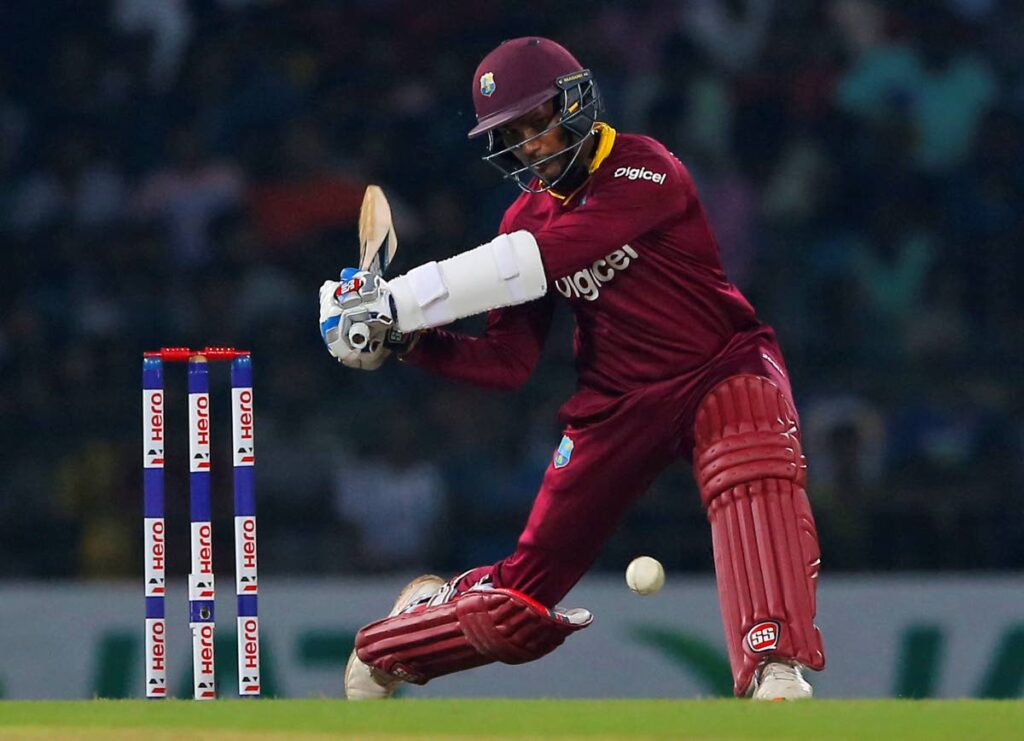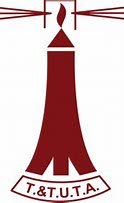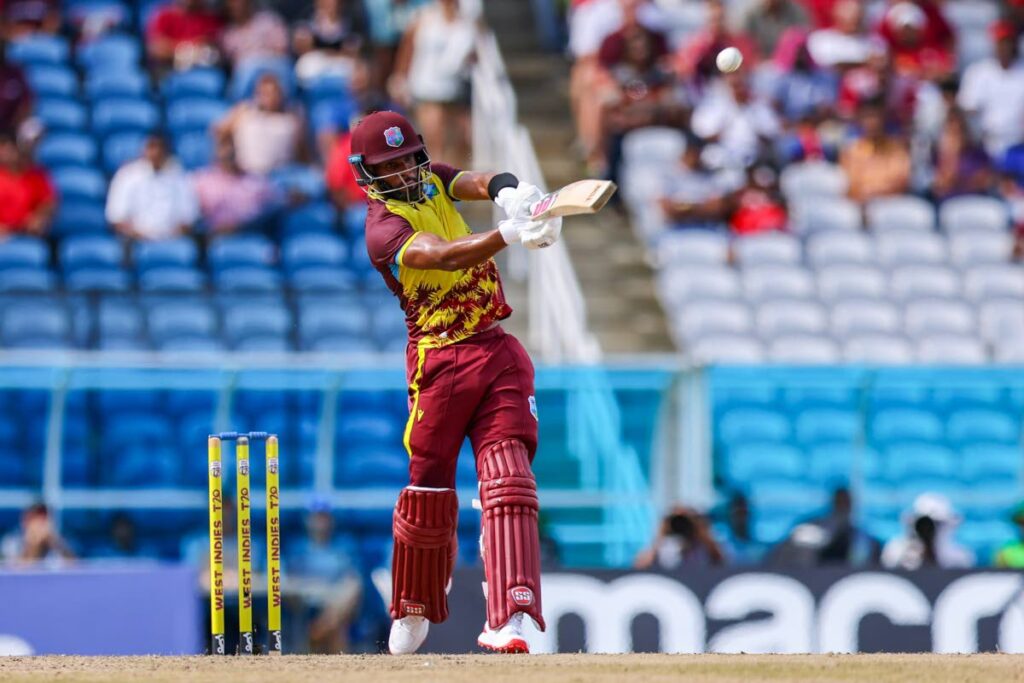Understanding high blood pressure
Written by Newsday on December 3, 2024

Dr Maxwell Adeyemi
EVEN WITHOUT symptoms, untreated high blood pressure can lead to serious conditions like heart disease, kidney failure and strokes. High blood pressure, or hypertension, is often called the “silent killer” because it can develop without any noticeable symptoms, causing significant harm to your body without you even realising it.
The worrying part? Many people don’t know they have it until it’s too late. That’s why it’s essential to understand the signs to look out for and why regular check-ups are vital for your health.
What is high
blood pressure?
Blood pressure refers to the force of blood pushing against the walls of your arteries as your heart pumps it throughout the body. When this force remains consistently too high, it can damage your blood vessels and organs. A normal blood pressure reading is typically around 120/80 mmHg. Anything above 140/90 mmHg is considered high blood pressure.
Symptoms of high
blood pressure
High blood pressure is often referred to as the “silent killer” as many times there are no specific symptoms. While high blood pressure often doesn’t cause symptoms, some individuals may experience subtle signs that indicate an underlying issue. These symptoms are easy to overlook, but if you notice them, it’s important to get checked by a healthcare professional.
Persistent or severe headaches: They are one of the most common signs of high blood pressure. These aren’t your typical headaches – they can be intense, especially in the mornings or after a stressful day. If you’re experiencing frequent, unexplained headaches, it’s worth getting your blood pressure checked.
Dizziness or light-headedness: If you often feel dizzy, faint, or light-headed, it could be a sign that your blood pressure is out of balance.
Dizziness may occur when your blood pressure suddenly spikes, disrupting the blood flow to your brain.
Feeling breathless: Even when you’re not physically exerting yourself, feeling breathless can be another clue that your blood pressure is too high. Over time, high blood pressure can damage your heart and lungs, making it more difficult to breathe normally.
Vision disturbance: High blood pressure can harm the blood vessels in your eyes, leading to blurred vision or even temporary loss of sight.
If you notice any sudden changes in your vision, make an appointment with your doctor to have your blood pressure checked.
Chest pain or discomfort: This is one of the more serious signs that your blood pressure may be dangerously high. If you experience tightness or pain in your chest, it could indicate that your heart is under stress from elevated blood pressure.
Never ignore chest pain – it could be a sign of a heart attack or other serious conditions.
Constant tiredness or feeling fatigued: Despite a full night’s sleep, constant tiredness or feeling fatigued can be another sign of high blood pressure. As your heart and circulatory system struggle to function under increased pressure, you may feel drained, even after activities that used to be easy.
Nosebleeds: These can occur for a variety of reasons. Frequent or unexplained nosebleeds might signal that your blood pressure is too high. The blood vessels in your nose can rupture if the pressure inside your arteries is elevated, leading to bleeding.
It is important to know
Even if you’re not experiencing any symptoms, high blood pressure can be quietly damaging your organs. Over time, untreated hypertension can lead to severe health issues like heart disease, kidney problems, strokes, and vision loss.
The good news is that high blood pressure is manageable. By monitoring your blood pressure regularly and making lifestyle changes such as eating a healthier diet, exercising more, and reducing stress, you can take control of your health.
Do not assume or take for granted that all is well, and think you don’t want to know or it’s better you don’t know. It is wise that you know and you are in a position to take proactive action, most especially those with a family history of high blood pressure. However, you may not have family history and still develop high blood pressure, so the best option is to get your pressure checked regularly.
What you can do
The most effective way to detect high blood pressure is through regular screenings. It’s recommended that adults over 18 get their blood pressure checked at least once a year. If you’ve already been diagnosed with high blood pressure, working with your doctor to manage it through medication, diet, and exercise is crucial.
Remember, high blood pressure might not always show itself, but the impact it can have on your health is significant. Stay proactive about your well-being, and don’t wait for symptoms to appear before taking action. A little attention today can prevent much bigger health problems tomorrow.
You can walk into any health centre around you, a drug store or pharmacy, take advantage of the many health fairs organised frequently in your community, or visit your private doctor. More so you can purchase a blood pressure machine to use at the comfort of your home.
Contact Dr Maxwell on 3631807 or 7575411
The post Understanding high blood pressure appeared first on Trinidad and Tobago Newsday.




